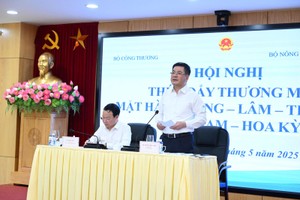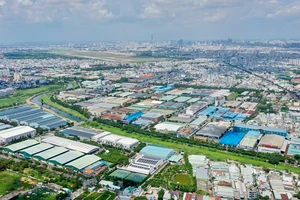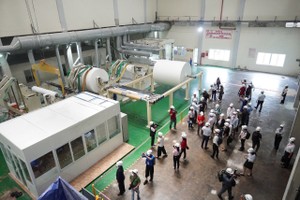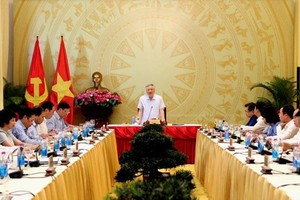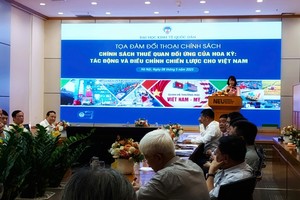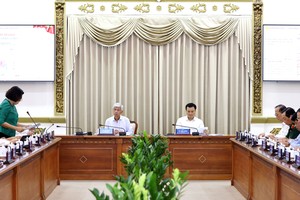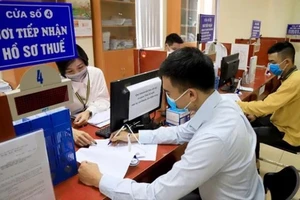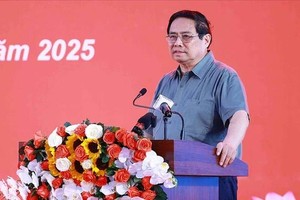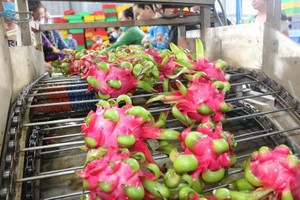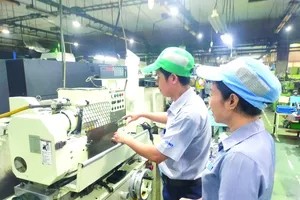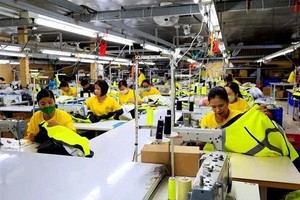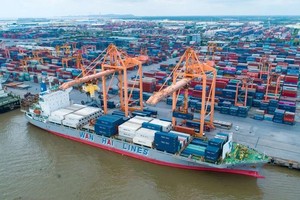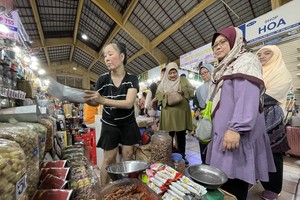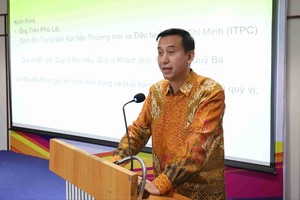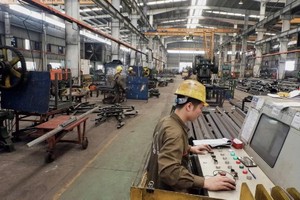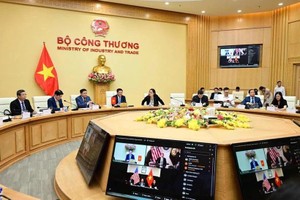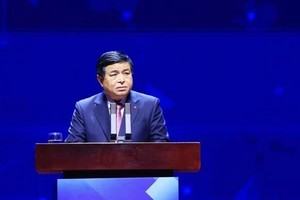Industry and the consumer market have gradually recovered, the Government Office December 1 quoted the Cabinet as saying at its November meeting.
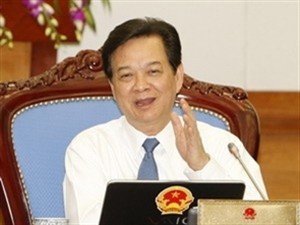
In November industrial output continued to surge, rising by 13 percent over the last year period, taking the first 11 months’ growth rate to 7.3 percent.
Retail sales have jumped 18.5 percent year on year.
Thanks to the Government’s polices for improving the business and investment environment, the number of new enterprises saw a year-on-year increase of 28 percent, the Cabinet agreed.
In the last 11 months the country has overcome many difficulties and managed to avoid economic decline and check inflation, members said.
However, difficulties still remain, especially with regard to exports and foreign direct investment, members said. Consumer prices rose more in November than October, they noted.
They pointed out that the trade deficit, at US$10.42 billion, remains high.
They admitted regulation of the foreign exchange market was not very flexible, the budget deficit was high, and that the loose monetary policy threatened to bring back inflation.
Economic stimulus to be continued
Prime Minister Nguyen Tan Dung announced some important measures to stimulate the economy.
The Government has decided to call halt to the stimulus program offering interest subsidies for short-term bank loans taken by businesses, he said.
The interest rate subsidy mechanism applied for long and medium-term loans, and loans for buying equipment and machines for agricultural production will continue to be implemented in 2010, but with a smaller pool of beneficiaries and lower levels of subsidization.
Mr. Dung ordered ministries and local authorities to strictly control imports of raw materials and commodities, promptly intervene to regulate gold prices, foreign currencies, and stocks, and monitor the prices of essential goods, especially with the lunar New Year (Tet) approaching.
He ordered the central bank to implement measures to monitor the gold and foreign exchange markets, and flexibly manage foreign exchange and interest rates based on global conditions.
He also told the bank to keep a careful watch on monetary and credit growth to prevent inflation.
At a briefing later, mediapersons wanted to know why the Government has reversed the decision it had made at the previous month’s meeting to extend the interest-subsidy program.
Nguyen Dong Tien, the central bank’s deputy governor, said the situation has changed, especially the interest and foreign exchange rate regimes.
“The decision is appropriate for the market situation and aims to increase enterprises’ competitiveness,” he added.
Nguyen Xuan Phuc, head of the Government Office, said the Government decided to end the subsidy to ward off inflation and comply with the requirements of multilateral organizations like the IMF.
Asked if the recent volatility in rice prices, shortages, and poor management would recur like in the past, Deputy Minister of Industry and Trade Nguyen Thanh Bien said the country has abundant rice stocks. Export of the grain would be ensured without affecting domestic supply and food security, he said.
There would be no administrative intervention into rice exports, he added.
